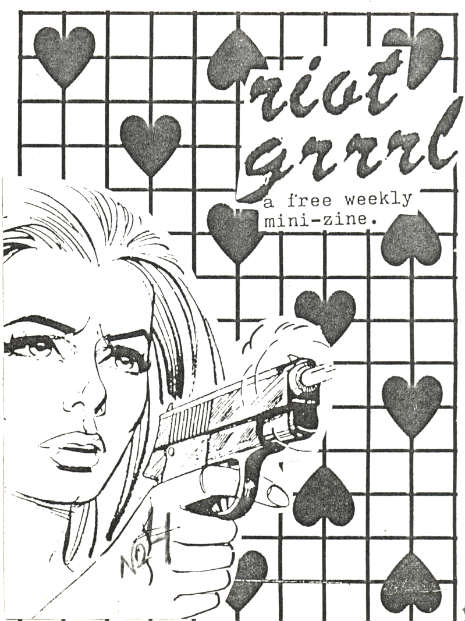
Manchester is a city with an incredible musical history, but a somewhat divided and schizophrenic musical present. On the one hand there’s the let’s-have-it late 80s/early 90s “Madchester” party gang (think The Stone Roses/Happy Mondays/Inspiral Carpets/etc) and on the other the “more-serious-than-thou” school of late 70s/early 80s Factory records (Joy Division/New Order/A Certain Ratio/etc). Bestriding both these worlds like a colossus of crap are, of course, Oasis, the band who made partying and getting off-yer-face seem like the most boring activity on earth.
Entire blogs have been set up to both eulogise and criticize Manchester’s musical history and it’s current legacy. So, while it was great to see Richard posting about the Mondays here the other day (and to read the reactions from their US fan base) I can’t help but feel mixed emotions. For as much as I love that band (I vividly remember the first time I heard “Step On”, on my school bus at the age of ten) they are also signifiers of what is wrong with the current Manchester music scene. In a nutshell: a relentless clinging on to the past.
I guess it’s the double-edged sword of having a once world-beating music scene right on your doorstep, but certain elements within the Manchester “culture industry” are all too willing to just lean on that reputation (sensing that it’s a quick way to make an easy buck) without putting effort into discovering new talent. Talent like Silverclub.
Led by frontman Duncan Jones (who formerly made techno and electro as DNCN on the Human Shield label), Silverclub combine all the best bits of pop, rock, dance and electronica, drag it down the local disco and tie it up with a shiny, techno bow tie. They are influenced by the past yet remain firmly focussed on the present, while retaining a very English vibe with the kind of spiky, edgy songs that betray a childhood spent listening to Elvis Costello and the Attractions.
To me, this band represent all that is good about music from the North of England, and Manchester in particular. People here have a dizzying array of tastes, have an appreciation for pretty much every single genre available, and yet somehow manage to meld these disparate influences into something that is their own with a distinct, regional voice and outlook. Silverclub fuse a knowledge of dancefloor dynamics and sharp hook-writing skills, and maintain a singular identity thanks to Jones’ Northern drawl and sweet harmonies from synth-player Henrietta Smith. Hmm, I wonder if there’s room in the band for a dancing maracas player? I want that job!
At the very start of this year I featured the Silverclub b-side “The Goldener Reiter” on my Best of 2011 Mixtape, which you can still download, here. The single it’s taken from, “No Application”, is available as a free download (below) while Silverclub’s self-titled debut album will be coming this May on the Canadian label Hidden Pony. There’s more info on the band’s website, and in the meantime, here’s the “No Application” video:






